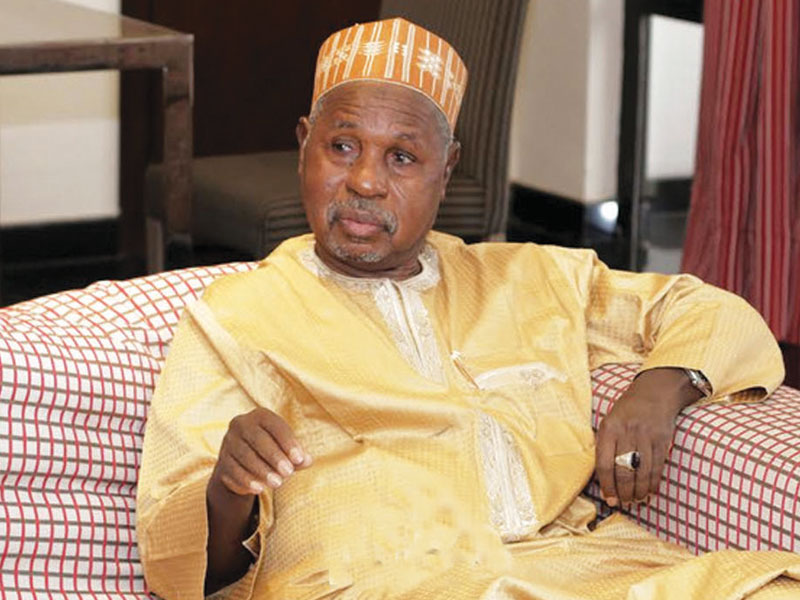Katsina State Governor, Aminu Bello Masari, Thursday, at Government Day Secondary School, Kofar Yandaka, flagged off the disbursement of School Improvement Grant (SIG) to the tune of N2.1billion (N2,113,180,000) to Junior and Senior Secondary Schools across the State under the Adolescent Girls Initiative for Learning and Empowerment (AGILE) Project.
Speaking at the flag-off, Governor Masari said the funds shall be disbursed in two tranches to each school after reaching progress level and certification by the technical monitors.
According to Masari, “the AGILE project, like other sister projects in the state is being implemented after fulfilment of certain conditions as agreed between the state and the World Bank. It is a project for Katsina State.
“The project was earlier designed as a result of the report of Annual School Census of the year 2018/2019 which shows a large percentage of our children who graduates from Primary and Junior Secondary Schools and do not transit to the next level of education.
“In Katsina State in particular, the report shows 45% of Primary 6 pupils do not transit to Junior Secondary Schools, while 48% of those students who finished JSS do not transit to Senior Secondary School.”
The Katsina Governor explained that his administration has already started taking actions to address the many factors responsible for the low transitions by establishing Pilot Junior Secondary Schools in 68 Primary Schools across the state, with two in each Local Government Area.
He said, “all primary 6 pupils from these pilot schools now transit automatically to JSS since the classes are now at the next door within the same premises. In addition to continue learning, the strategy has also reduced stress by some of the students who do trek between 5 to 10 kilometres to attend secondary schools in other locations. The chances of dropping out has also been reduced significantly.”
The Katsina Governor also noted that through the AGILE project, “the State Government will construct 160 new additional secondary schools, comprising of 90 Junior Secondary School (JSS) and 60 Senior Secondary School (SSS) spread across the state in order to increase access to transition until completion of secondary education.
Similarly, Masari said “teachers will be recruited from the current S-power teachers and be given permanent and pensionable appointment to teach in the schools to be constructed by the project.
I therefore called on all stakeholders to join hands together in making the state proved thank you and God bless.”
Masari further explained that “his administration approved the disbursement of the grants to schools in order to test their integrity of handling public trust by allowing them to execute minor projects through renovation of toilets, water points and classrooms. It is therefore expected of the committees to live above board by showing commitment and honesty while expending the funds entrusted to them.
“I am aware the schools are mandated to sign indemnity that the funds shall be utilised for the purpose of improving condition of schools and not otherwise. This means any attempt to mismanage the funds will be tantamount to violation of the indemnity agreement and the law shall take its course.
“The School Based Management Committees (SBMCs) are expected to execute the projects using the School Improvement Plan (SIP) as a guide. In this regard the plan now serves as guide for all activities, deviating from it is an offence as contained in the indemnity form which all schools have signed.”
Speaking earlier, the Commissioner of Education in the state, Prof. Badamsi Lawal thanked Governor Masari for all the support he has been rendering to the educational sector in the state, noting that based on his approval, the School Improvement Grant (SIG) has been disbursed to 50% of schools to start execution of projects that are limited to renovation of toilets, provision of water and repairs of classrooms.
Prof. Badamasi assured the Katsina Governor and the good people of the State of their commitment in ensuring prompts monitoring of the schools through the School Based Managements Committees in order to ensure the funds are judiciously utilised for the benefit of the students and communities.
